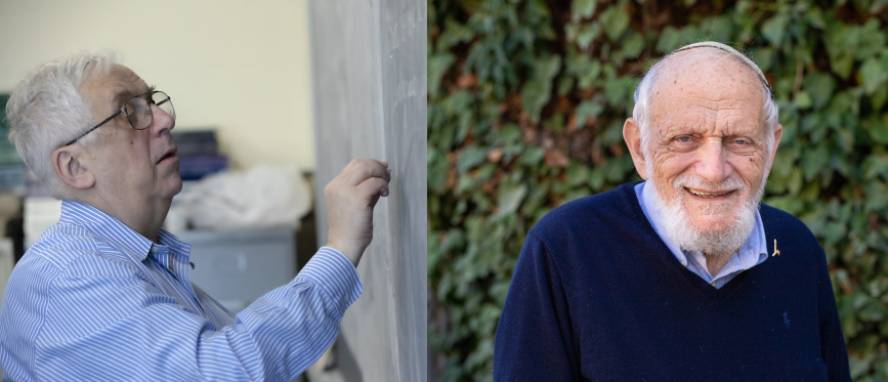Mathematicians Hillel Furstenberg and Gregori Margulis receive the Abel 2020 award

This year's Abel award recognizes the work of two researchers: Hillel Furstenberg (Berlin, 193) and Gregori Margulis (Moscow, 1946). Both mathematicians have been awarded for pioneering the interaction between probability and algebra. Furstenberg and Margulis have never worked together, but, in the opinion of the Norwegian Academy of Sciences and Letters, “both have pioneered the use of probabilistic and dynamic methods in areas such as group theory, numerical theory and combinatorics.”
Both have been awarded other significant prizes and have other common features: Margulis, for example, won the Fields medal in 1978, but could not receive it because as a Jew, the Soviet Union did not give him the necessary visa to go to Helsinki. Furstenberg is also a German-born Jew in full Nazi occupation. Subsequently, similar ideas have been developed in mathematical research.
One of Furstenberg's best-known theorems is that of random routes, performed in infinite groups of matrices. However, Margulis's best-known theorem describes the superrigidity of matrix reticules. According to the Norwegian Academy of Sciences and Letters, “his works have thrown a wall between pure and applied mathematics.” Despite Abel's victory, Margulis will have to resign from the prize, as the award ceremony has been suspended due to the general coronavirus crisis.





